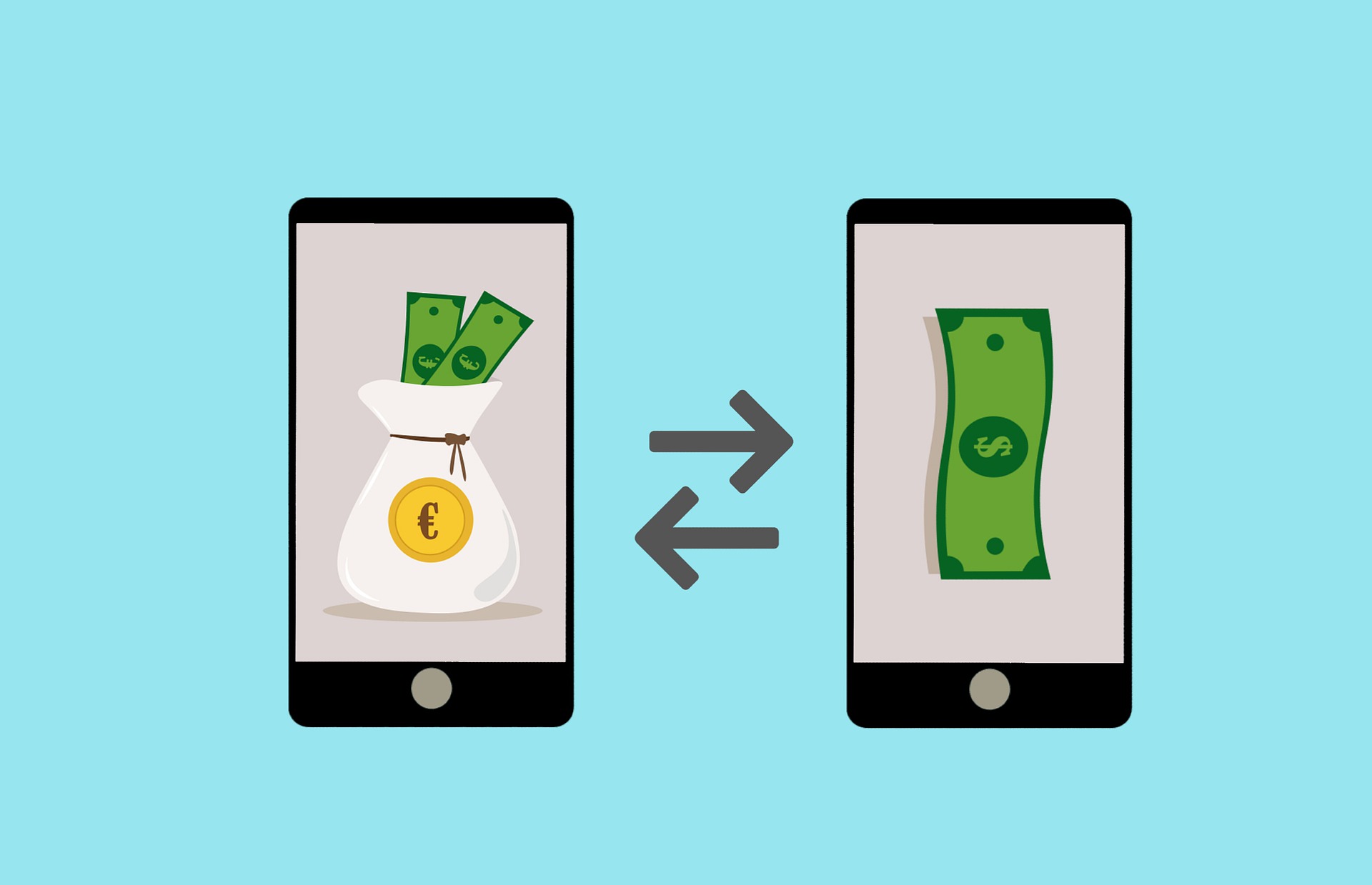When was the last time you evaluated your banking needs and compared them to the services and fees of your current bank? If you feel like you’re not getting the best value, convenience, or security from your bank, it may be time to consider switching banks. In this article, we will discuss the benefits of switching banks, the steps involved in switching banks online, and the bank switching offers that can make the transition more rewarding.
Why You Should Consider Switching Banks
Switching banks can be a strategic move to improve your financial situation in various ways. Here are some of the most compelling reasons to switch banks:
1. Lower Fees and Better Rates
One of the most apparent benefits of switching banks is to save money on fees and earn more on interest rates. Many banks charge excessive fees for basic services, such as ATM withdrawals, overdrafts, or account maintenance. By switching to a bank with lower or no fees, you can keep more of your hard-earned money in your pocket. Likewise, if your current bank has low-interest rates on savings accounts and certificates of deposit, you may want to switch to a bank that offers better rates.
2. More Convenient and Innovative Services
Another advantage of switching banks is to access more convenient and innovative services that fit your lifestyle and goals. For example, if you travel frequently, you may prefer a bank that has a broader network of ATMs, branches, or mobile banking apps. If you’re a small business owner, you may want a bank that offers merchant services, payroll processing, or business credit cards. If you’re interested in investing, you may prefer a bank that has robust investment tools, financial advisors, or robo-advisors.
3. Better Customer Service and Security
Switching banks can also improve your satisfaction with customer service and security. If you’re frustrated with long waiting times, unresponsive representatives, or complicated policies at your current bank, you may want to switch to a bank that prioritizes customer support and transparency. Likewise, if you’re concerned about data breaches, identity theft, or other security risks, you may prefer a bank that has advanced security measures, such as two-factor authentication, encryption, or fraud monitoring.
4. Bonuses and Rewards
Finally, switching banks can be a rewarding experience in itself. Many banks offer sign-up bonuses, cashback rewards, or loyalty programs to attract new customers. By taking advantage of these bank switching offers, you can earn extra money, points, or perks that you wouldn’t get with your current bank. However, you should always read the fine print and compare the long-term benefits and costs of the offers before making a decision.
Bank Switching Offers To Consider
To incentivize customers to switch banks, many banks offer bank switching offers, such as sign-up bonuses, cashback rewards, or interest rate boosts. Here are some of the most common bank switching offers to consider:
1. Sign-up Bonuses
Sign-up bonuses are cash incentives that banks offer to new customers who open a new account and meet certain requirements, such as making a minimum deposit, setting up direct deposit, or maintaining a minimum balance. Sign-up bonuses can range from a few dollars to thousands of dollars, depending on the bank and the offer. However, sign-up bonuses may also come with conditions, such as a time limit, a minimum term, or a high account fee.
2. Cashback Rewards
Cashback rewards are discounts or rebates that banks offer to customers who use their debit or credit cards for purchases. Cashback rewards can be a percentage of the purchase amount or a fixed amount for specific categories, such as gas, groceries, or dining. Cashback rewards can add up to significant savings over time, especially if you use your cards frequently and pay off your balances in full. However, cashback rewards may also have limits, exclusions, or expiration dates.
3. Interest Rate Boosts
Interest rate boosts are higher interest rates that banks offer to customers who open a new account or meet certain requirements, such as maintaining a minimum balance or making a minimum number of transactions. Interest rate boosts can increase your earnings on savings accounts, certificates of deposit, or money market accounts. However, interest rate boosts may also have limits, restrictions, or fluctuate over time.
Conclusion: Is It Time To Switch Bank Account?
Switching banks can be a smart financial move if you’re not satisfied with your current bank’s services, fees, or policies, or if you’re looking for better incentives and offers. By following the steps outlined in this article, you can switch banks smoothly and efficiently, and take advantage of the opportunities available to you.
Remember to do your research, compare different options, and read the fine print before making a decision. And if you have any questions or concerns, don’t hesitate to reach out to your bank’s customer service or financial advisor for guidance.







